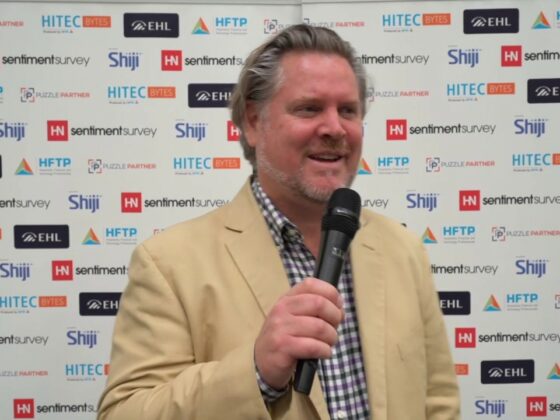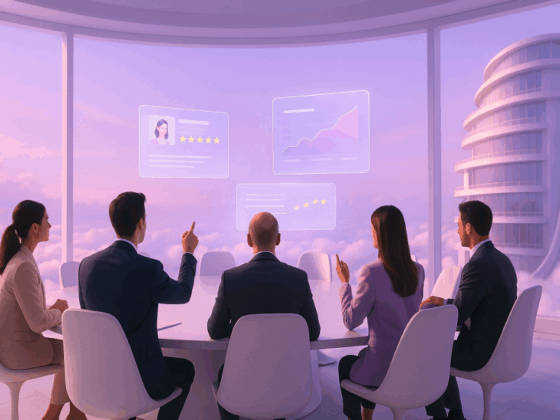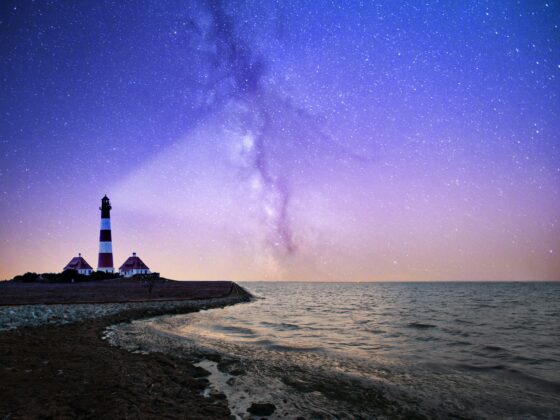
To those looking in from the outside, hospitality operations might seem like a well-oiled digital machine. Most operators have all the right pieces in place: a property management system (PMS) to manage bookings, tools for cleaning and messaging, smart locks, guest portals, automation in some form or another. At a glance, it all seems seamlessly interconnected – like we’ve reached a peak of operational efficiency. But when you speak to operators on the ground, the illusion quickly falls apart. Behind the curtain of supposed digital efficiency, hospitality operations are quietly draining resources, opportunities, and ultimately, thousands of dollars every month.
The truth is, most of the digital tools operators use today don’t genuinely communicate with one another. Each tool was adopted out of necessity, often in reaction to an operational problem like dynamic pricing, streamlined communication, or housekeeping coordination. Individually, these systems do what they promise. But collectively, they’re fundamentally broken – connected by ‘light’ APIs and shallow integrations that don’t reflect how work actually flows in a real-world hospitality business. Many property managers today are overseeing dozens or hundreds of units across multiple regions. Turnovers are happening simultaneously. Maintenance issues are unpredictable. Guests are arriving early, checking out late, and asking for more personalization than ever. Teams are remote, cross-functional, and often working without frequently seeing one another.
And all the while, margins are quietly bleeding. A guest sends a message asking for an early check-in, but it’s routed through two different platforms before it reaches the cleaning team for approval, the check-in time has to be changed on the lock, and communication has to be sent back to the guest. A cleaner flags a problem, but the note gets buried in a Slack or WhatsApp thread. A maintenance issue lingers because no one owns it, or worse, no one saw it. Meanwhile, software costs climb – $20 here, $50 there – until operators are spending $80 to $100 per unit, per month on tools that still require manual follow-up to be effective.
What the industry needs isn’t better alerts or tighter integrations. What we need is to recognize operations as a product – one that requires structure, clarity, and intention. For all the progress we’ve made, we’ve left a fundamental part of the business behind: the work that happens between teams. Not the tasks themselves, but the flow – how cleaners, guest experience teams, maintenance, field staff, and operations managers actually work together to deliver the stay.
The issue is that hospitality operations have long normalized workarounds – tools like Zapier, shared inboxes, and spreadsheets – mistaking them for genuine operational infrastructure. These solutions feel sufficient when managing a handful of properties, but as portfolios scale, these band-aids quickly become liabilities where siloed information is born and dies quietly. Custom integrations layered onto property management systems might temporarily bridge gaps, but they rarely evolve alongside changing operational demands. The real missing ingredient isn’t yet another clever tool or integration; it’s genuine operational connectivity.
This is where Guest Operations comes in. Not a tool, or a role, or a feature, but a name for the operational layer that has long been missing from hospitality. Guest Operations is the infrastructure that connects guest experience, field teams, and property activity in real time, so that requests, issues, and tasks move smoothly between people without getting lost or delayed. It formalizes what operators have been doing manually for years – coordinating across teams, tools, and timelines – and gives it structure, accountability, and visibility. In practice, this means consolidating fragmented systems into a single operational platform that supports how hospitality actually works, eliminating the need for multiple disconnected tools and endless manual oversight.
Guest operations is the connective tissue that links guest stays, guest experience teams, housekeeping, and maintenance in real time. It’s not just about messaging – it’s about action: routing tasks, surfacing insights, and aligning teams without manual intervention. Operators don’t need a front desk; they need a frontline that’s aligned to the back office to always deliver great guest experiences.
In practice, this shift looks like central visibility into field activity and guest needs, smart routing of issues to the right team in real time, and task-based accountability across roles – without relying on memory, chat, or spreadsheets. It means a single operational and guest platform, not five loosely integrated tools. And it means fewer delays, fewer missed details, and a team that spends less time chasing context and more time delivering great stays.
Operators who have embraced this model are already seeing the benefits. Turnovers are faster. Guest issues complaints are detected faster. Staff are less burnt out. Teams aren’t just doing more with less – they’re doing it with greater confidence, because the operation is finally designed to support how they actually work.
The businesses that adopt Guest Operations as a core function aren’t just solving inefficiencies, they’re building companies that scale more predictably, retain better teams, and deliver more consistent guest experiences. As hospitality evolves, the businesses that succeed won’t be the ones that have the most tools; they’ll be the ones with the fewest blind spots. It’s time to stop treating operational flow as a background process that is only needed to keep the lights on – and start treating it as the competitive edge it’s always been.
About the Author
Simon Seroussi is the Co-Founder and COO of SuiteOp. Prior to SuiteOp, Simon co-founded Sosuite, where he created a community-centric hospitality model in Philadelphia. His experience in crafting personalized guest experiences for both short and long-term stays provided valuable insights into the industry’s operational needs. Simon previously served as the inaugural Product Manager at Feather, a furniture rental enterprise, where he led product development in the early stage of the company’s e-commerce website and internal logistics software. Simon also brings extensive expertise from his time at TravelClick, where he led direct reservation products for over 5,000 hotels globally, contributing to a successful private equity acquisition and later the acquisition by Amadeus.









